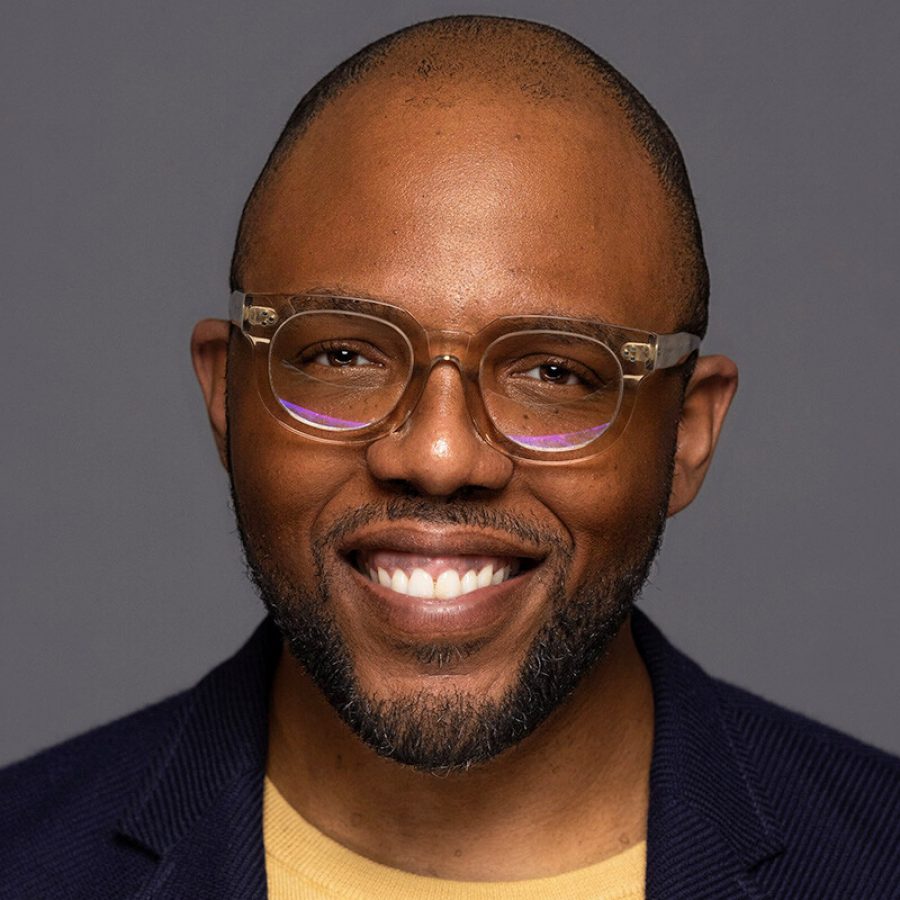Education Leadership and Policy Program Overview
Our intensive Ed.D. program allows you to pursue a doctorate while continuing your full-time work through one of two academic concentrations:
- K-12 Educational Leadership and Policy
- Higher Education Leadership and Policy
The Ed.D. degree program culminates in a year-long capstone project in which you will showcase the analytic abilities, professional understanding, contextual knowledge, and teamwork skills you've accrued. The capstone will closely mirror the challenges of contemporary education practice.
-
#2
Best Educational Administration Program, U.S. News & World Report 2025
-
#7
Best Higher Education Administration Program, U.S. News & World Report 2025
Explore education policy, leadership and administration, and the right path for you.
Ed.D. Program Facts
Program Director: Marisa Cannata
Admissions Coordinator: Kashiri Favors
Admission Term: Summer
Credit Hours: 84, including 30 hours that must transfer in from a prior master's degree
Application Dates
-
Application Deadline 1
January 3
-
Application Deadline 2
February 3
-
Rolling Admissions
After February 3*
*Prospective students are highly encouraged to submit applications by Feb 3. We will continue to accept applications after this date, but applications will be evaluated for admission and scholarships as space and funds are available.
Request Information
Selected Faculty Research
Education Leadership and Policy Program Curriculum
As a student in the Ed.D. program you will begin your studies with a cohort of approximately 20-25 highly qualified students from around the country. Together you'll progress through a prescribed 3-year (36-month), weekend-based curriculum. Each year is divided into summer, fall, and spring semesters.
A full degree program comprises 54 credit hours, in addition to 30 transfer hours from an accepted master's degree, for a total of 84 credit hours.
Classes meet in-person on Friday evenings and Saturdays during specified weekends, allowing students to maintain their full-time professional role.

